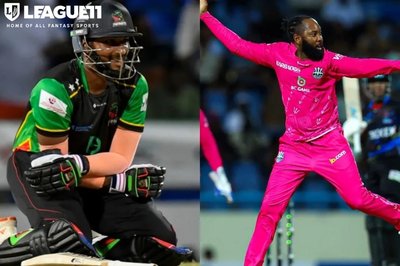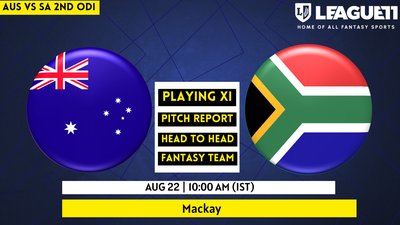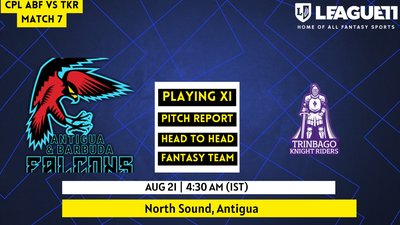Diego Maradona's Family Takes a Legal Action to Stop the Auction of 'Stolen' 1986 World Cup Golden Ball

Late Diego Maradona's Family is going to take legal action to stop the auction of the 1986 World Cup Golden Ball which was stolen.
The Maradona Family Files a Complaint
The family of the late Diego Maradona is taking legal action to prevent the sale of the Golden Ball trophy he received after Argentina's victory in the 1986 World Cup. The trophy, which had been missing for years, recently resurfaced and is scheduled to be auctioned off in Paris by Aguttes auction house.
Maradona's heirs claim that the trophy was stolen and that the current owner has no right to sell it. Gilles Moreu, a lawyer representing two of Maradona's daughters, plans to file an urgent request with the Nanterre judicial court to have the Golden Ball removed from the auction. He will also seek a judicial sequestration of the trophy and file a complaint for theft and concealed theft.
Diego Maradona's heirs take legal action to stop auction of 'stolen' 1986 World Cup Golden Ball
— Ganesh C Devulapalli (@ganeshcd) May 14, 2024
https://t.co/KfsMte7U7Z
How come the auction house is encouraging the sale of stolen goods? If they have verified the trophy, can't they ask the person to prove his ownership?
According to Aguttes, the trophy reappeared in 2016 as part of a private collection acquired at an auction in Paris. Maradona received the award in 1986 at a ceremony at the Lido Cabaret on the Champs-Élysées, but it subsequently disappeared, leading to various rumors about its whereabouts. Some speculate that it was lost in a poker game or sold to pay off debts, while others believe it was stolen from a Naples bank where Maradona had stored it.
Maradona's family only recently discovered that the trophy had been stolen and wants the sale to be prohibited, as they believe the Golden Ball rightfully belongs to them. The auction house argues that the person who purchased the trophy years ago was unaware that it had been stolen.
Paradox Lawyer's Firm Representing the Maradona Family Stated:
If the owner of an object can claim ownership under French law, it is on the obvious condition that his or her good faith cannot be called into question. This cannot be the case for the owner of a trophy that was famously stolen from Diego Maradona and whose heirs can legally claim ownership.


























